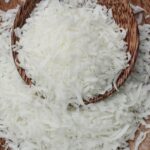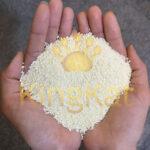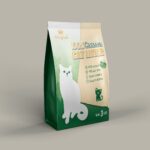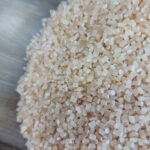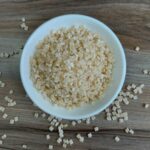CASHEW NUT SHELL OIL
- Home
- About Us
- Products
- CATIONIC STARCH
- NATIVE STARCH
- OXIDIZED STARCH
- GRANULATED STARCH
- DRIED MOLASSES POWDER
- E1412 – DISTARCH PHOSPHATE
- E1414 – ACETYLATED DISTARCH PHOSPHATE
- E1420 – ACETYLATED STARCH
- E1422 – ACETYLATED DISTARCH ADIPATE
- E1440 – HYDROXYPROPYL STARCH
- E1442 – HYDROXYPROPYL DISTARCH PHOSPHATE
- E1451 – ACETYLATED OXIDIZED STARCH
- SWEET POTATO STARCH
FISH MAW PRODUCTS
other products
RICE PROTEIN POWDER
RICE PROTEIN POWDER
DESICCATED COCONUT
- Application
- Blogs
- Contacts



